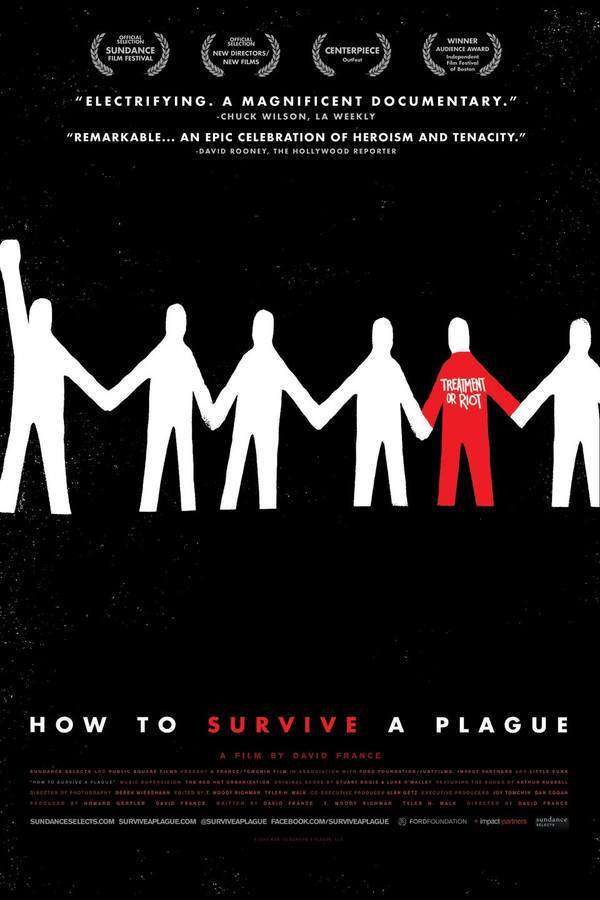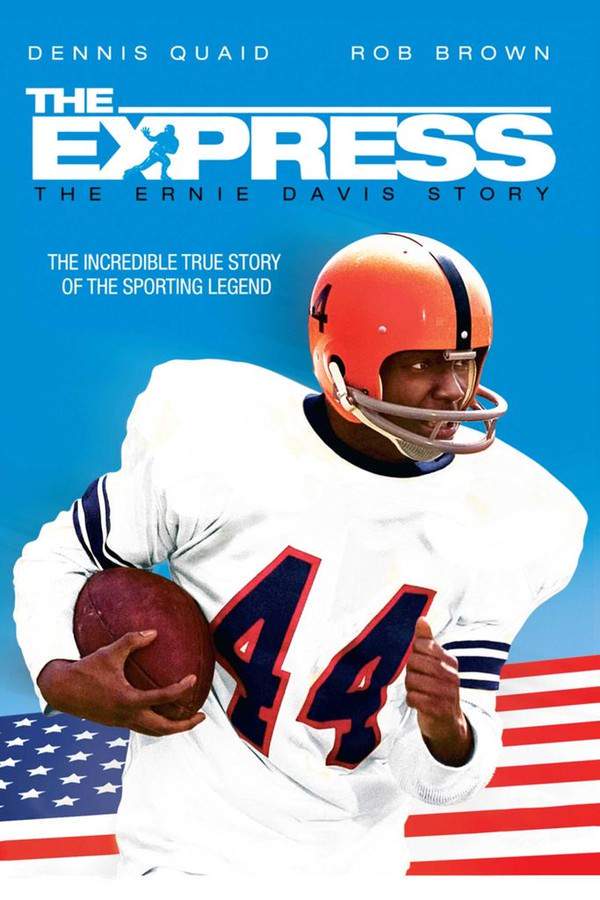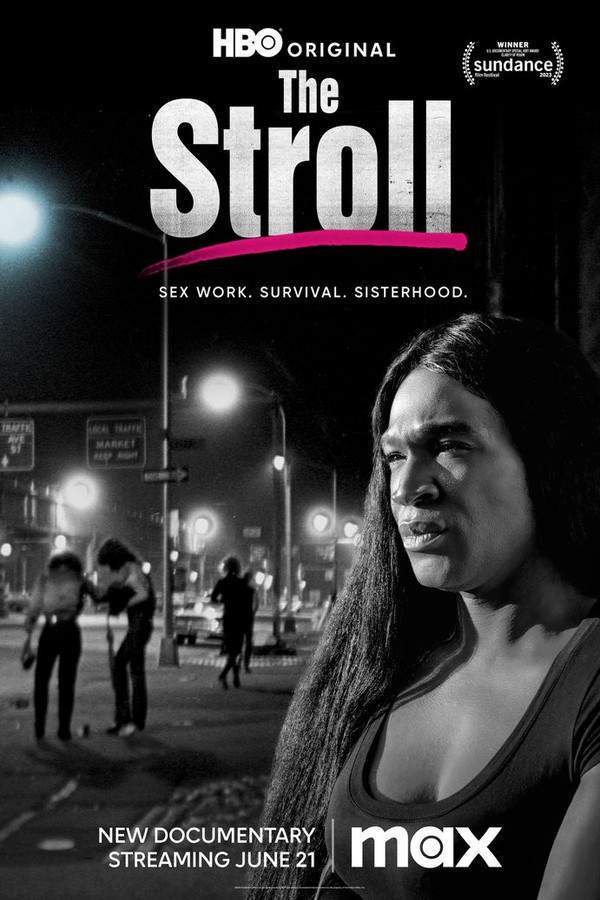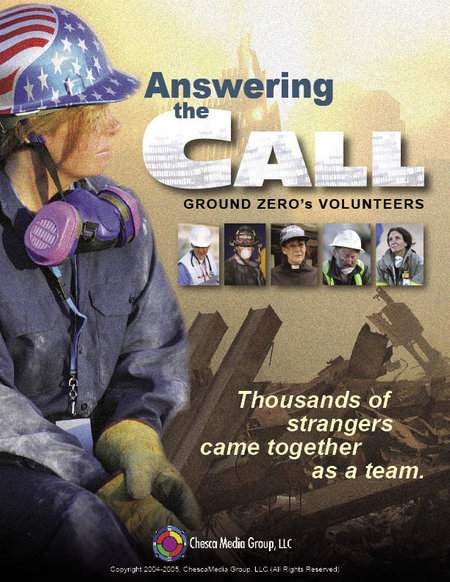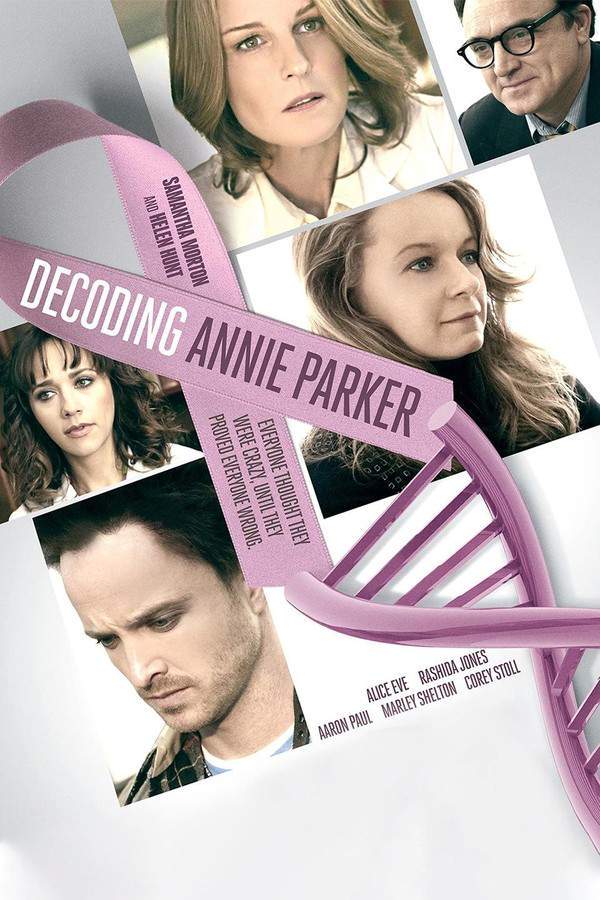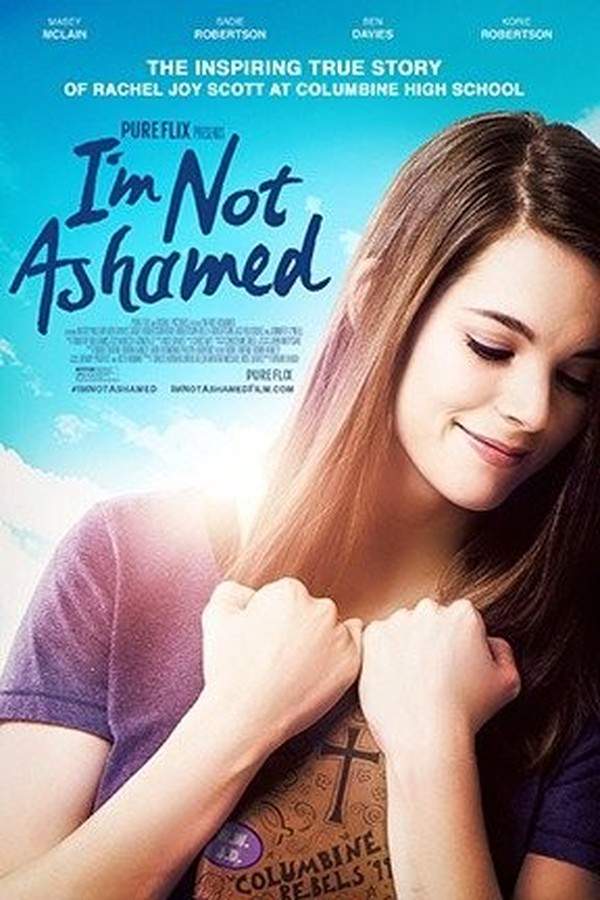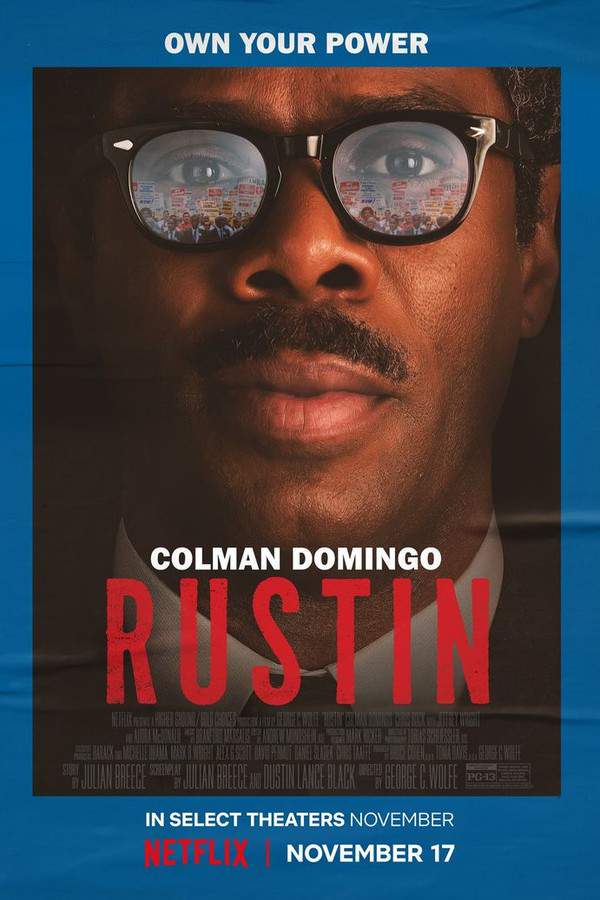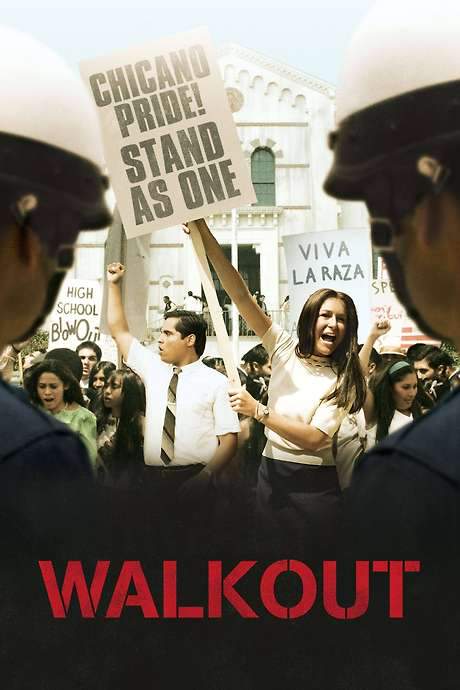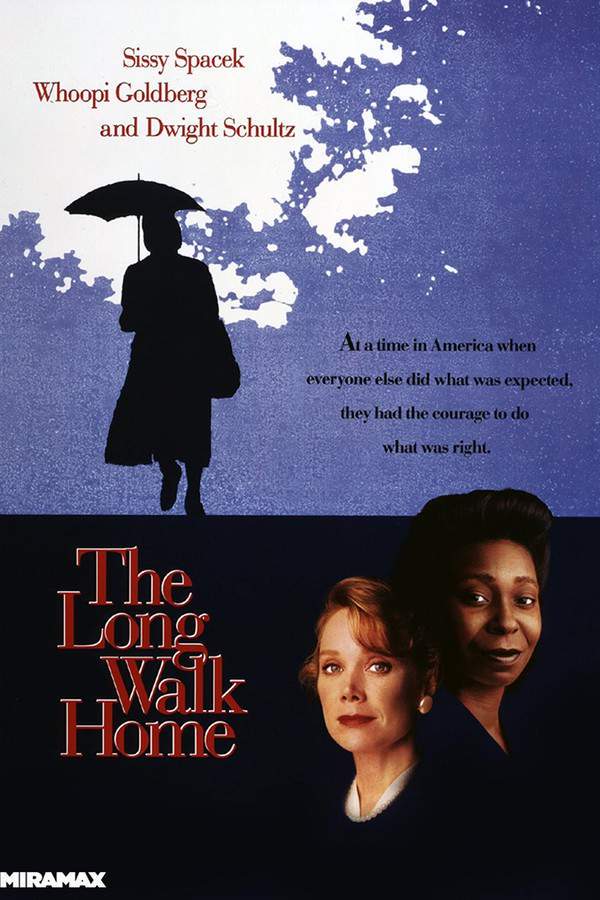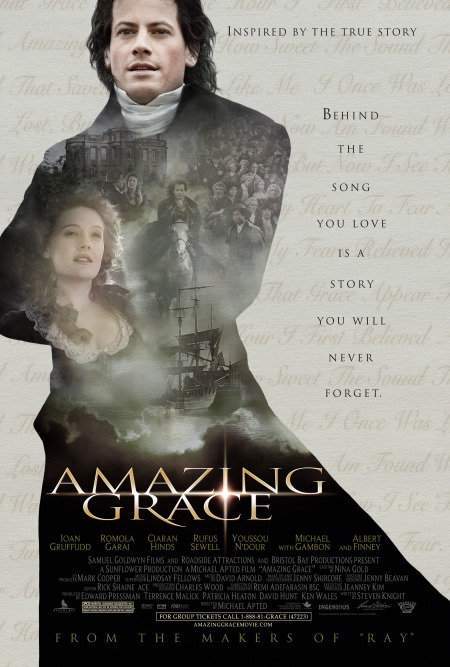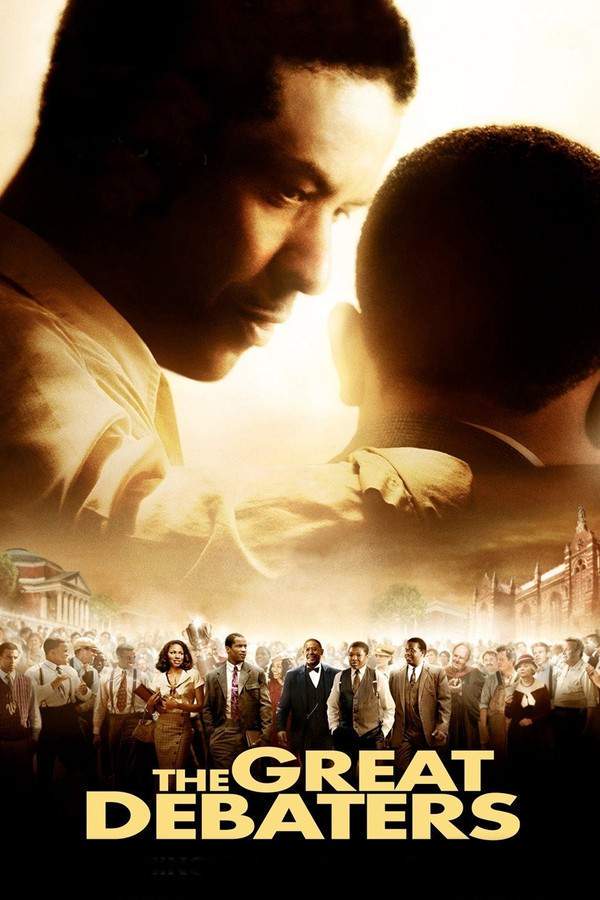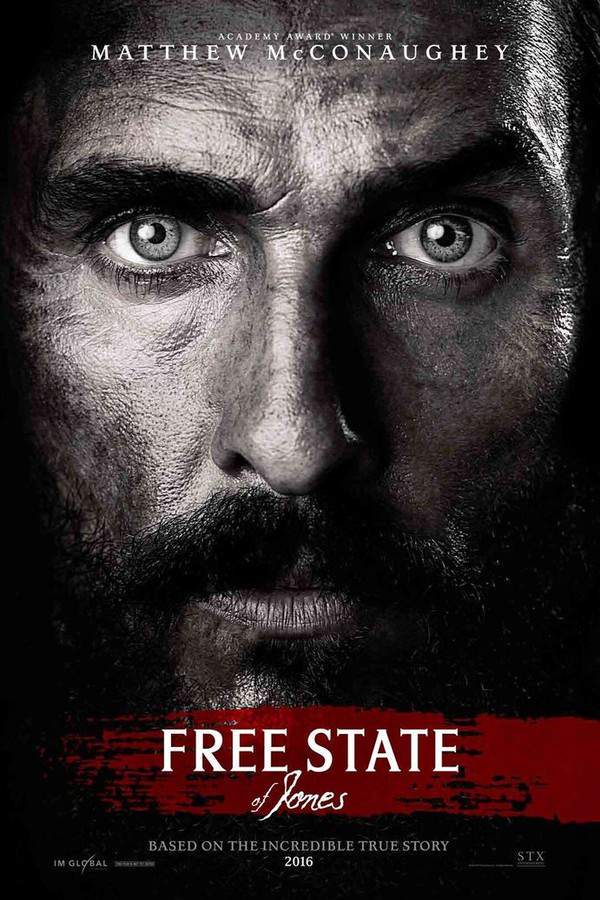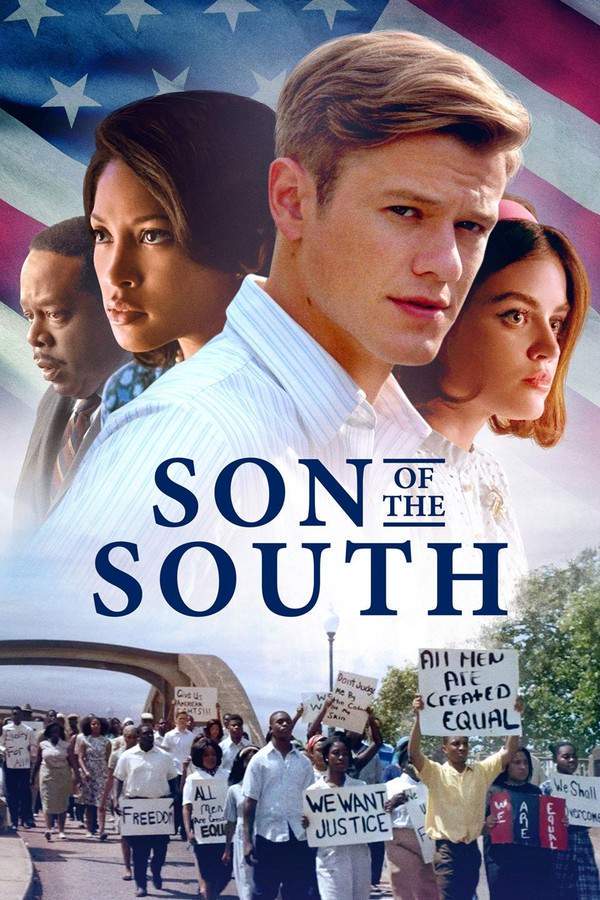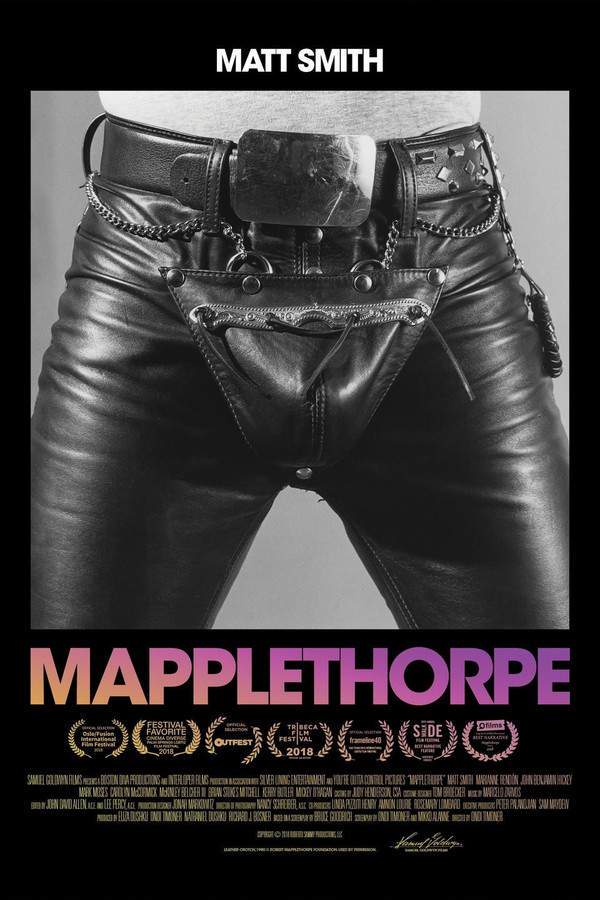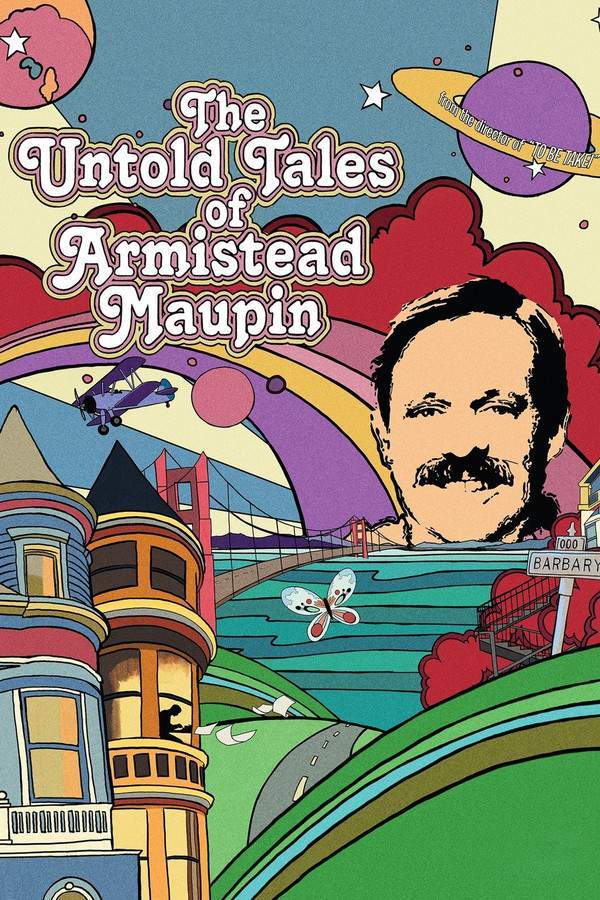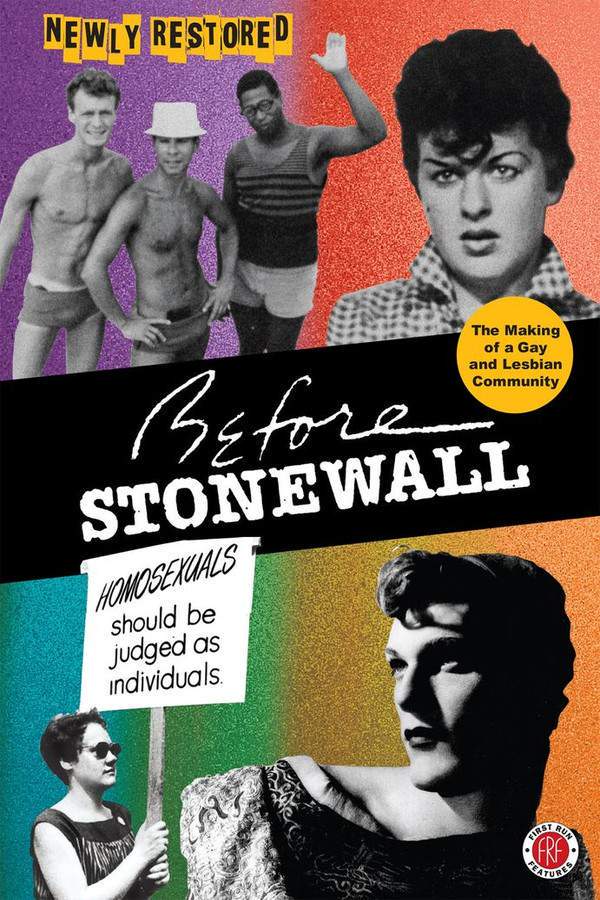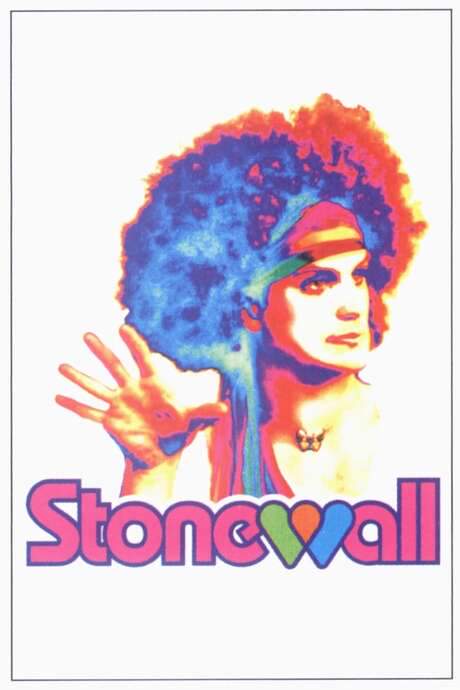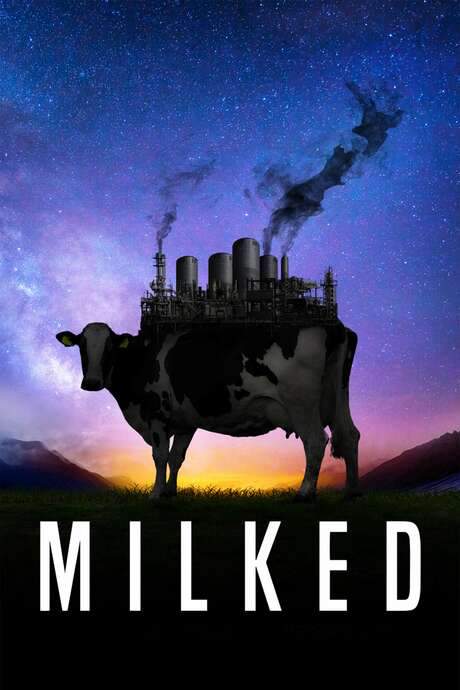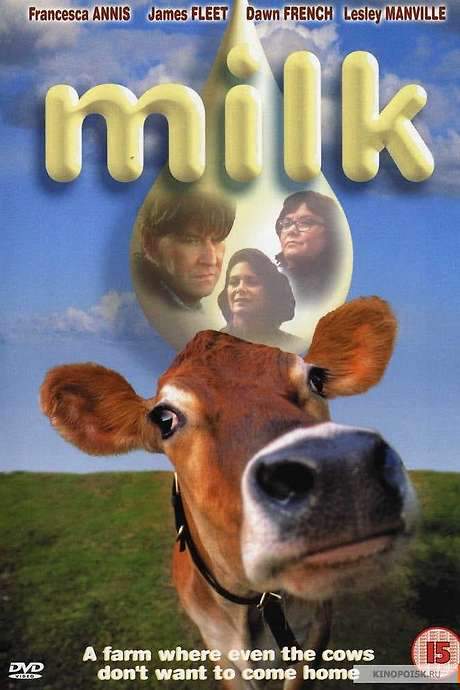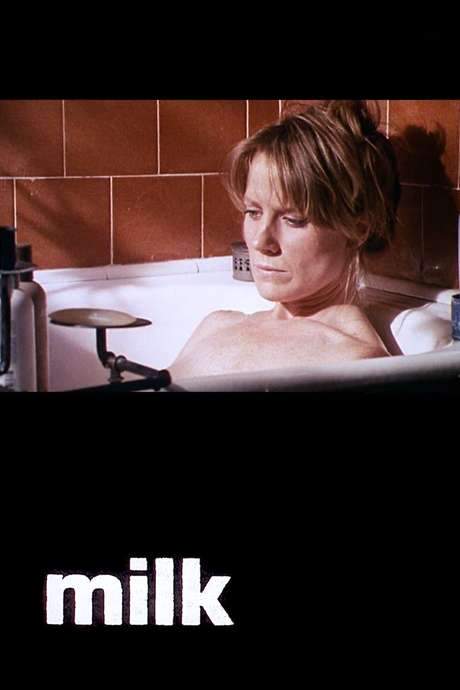
Milk
Year: 2008
Runtime: 128 min
Language: English
Director: Gus Van Sant
Budget: $20M
In 1977, Harvey Milk's election as San Francisco's first openly gay supervisor marked a pivotal moment, igniting a movement for equality and forging unexpected alliances across the political landscape. As a passionate advocate for human rights, he championed inclusivity and challenged societal norms. His courageous fight for justice and his unprecedented victory left a lasting legacy, continuing to inspire generations and demonstrating the power of leadership dedicated to equality.
Warning: spoilers below!
Haven’t seen Milk yet? This summary contains major spoilers. Bookmark the page, watch the movie, and come back for the full breakdown. If you're ready, scroll on and relive the story!
Milk (2008) – Full Plot Summary & Ending Explained
Read the complete plot breakdown of Milk (2008), including all key story events, major twists, and the ending explained in detail. Discover what really happened—and what it all means.
As the film unfolds, the opening credits are accompanied by old black and white newsreel clips from the 1950s and early 1960s, showcasing scenes of men being rounded up by police during raids on gay bars. Headlines proclaim the crackdown on homosexual establishments, with captions such as “Crackdown of Homosexual Bars” and “Men Charged in Taverns.” These well-dressed men, clearly humiliated, cover their faces with their hands while paddy wagons await to haul them away, displaying a chilling glimpse into a life tarnished by shame and aggression.
The narration is delivered by Harvey Milk, recorded in 1978, dictating a letter intended for release only in the event of his assassination. Through his words, we are transported back to significant moments in his life, including stirring speeches delivered to various crowds. In front of LGBTQ+ audiences, he opens with, > “My name is Harvey Milk and I want to recruit you,” while with straight union workers, he jokes, > “My name is Harvey Milk, and sorry I am not what you expected, but I left my high heels at home.”
Milk emphasizes the visibility that gay activists must endure as targets of violence. A startling clip features a young Diane Feinstein, who announces the tragic assassinations of Milk and San Francisco Mayor George Moscone. As Milk narrates his heartfelt letter, he takes us chronologically through vital moments in his journey, starting in 1970 New York.
In the bustling city, Milk, impeccably dressed in a vintage gray suit, is instantly drawn to a younger man, Scott Smith, at a New York subway station. In a bold move, Milk introduces himself, initiating a conversation filled with charm and humor about his upcoming 40th birthday. Their flirtation culminates in an unexpected kiss, shortly after Scott expresses his hesitance towards dating older men—a charming complication as Milk playfully reveals, “Well, today’s my lucky day because I’m 39 until 12:01 tonight.”
Flash forwarding through their blossoming romance, Milk and Smith share a life filled with warm moments—from intimate conversations about the challenges of gay life in 1970s New York to the opening of their camera shop, “Castro Camera”, in the Castro neighborhood. Their shared happiness, however, is not without conflict. When a liquor store owner, displeased by their presence, warns them of police trouble, Milk assures him that opening a business is not illegal, signaling the slow rise of gay visibility and activism in the area.
With the “Castro Camera” serving as a haven, Milk realizes the power of uniting the LGBTQ+ community through support for local businesses. This turning point inspires him to create lists of gay-friendly establishments to advocate for economic solidarity. The camera shop becomes a hub for young activists like Danny Nicolletta, Jim Revaldo, and Cleve Jones, who all gravitate to Milk while he juggles both his personal and political life.
As tensions between the LGBTQ+ community and police escalate, Milk organizes a movement to challenge the mistreatment of gay citizens, standing firmly on a soapbox to declare, “I’m here, so I’m going to get attention.” He throws his hat into the political ring, campaigning to become the first openly gay man elected to office in the United States. Despite initial setbacks in his political pursuits, he learns valuable lessons and grows closer to accomplishing his vision with each campaign.
His activism reaches a boiling point with the rise of the Californian Assemblyman and the arrival of Proposition 6, aiming to ban gay teachers. In a series of confrontations and high-profile debates, Milk rallies the community to resist these discriminatory measures, shouting, “My name is Harvey Milk and I want to recruit you!”
As Milk’s influence grows, so do the challenges in his personal life. Jack, a new love interest, adds complexity to the narrative, introducing themes of loyalty and chaos. As his campaigns rise and fall, tragedy strikes when Jack succumbs to a serious mental illness. In poignant moments, Milk reflects on the men in his life, knowing Scott Smith was his true love.
Throughout it all, Dan White, Milk’s political peer, sits on the other side of apathy and tragedy, eventually culminating in a heartbreaking confrontation where Milk is taken from the world too soon. The film ends with a powerful memorial, illustrating how Milk’s legacy inspired a generation of activists, reminding us that his struggles for equality extend far beyond the LGBTQ+ community and touch upon universal hopes for justice.
In the flickering candlelight that rivaled the stars, Milk’s dream of solidarity emerges, urging people to unite against persecution and stand tall for their rights. His life and fight become a beacon of hope for countless “Us-es” around the world, driving home the message that hope and resilience are paramount in the face of adversity.
Last Updated: November 04, 2024 at 04:12
Explore Movie Threads
Discover curated groups of movies connected by mood, themes, and story style. Browse collections built around emotion, atmosphere, and narrative focus to easily find films that match what you feel like watching right now.
Movies with inspiring political tragedy like Milk
Biographies where a leader's tragic end fuels a lasting movement for change.If you were moved by the bittersweet legacy of Harvey Milk, explore other movies like Milk that profile real-life activists and leaders. These similar biography dramas depict high-stakes fights for justice, often ending in tragedy but leaving a hopeful, enduring impact on the world.
Narrative Summary
These narratives typically follow a linear biographical path, charting the rise of an activist or leader against systemic injustice. The central conflict escalates to a tragic climax, such as an assassination, but the story concludes by focusing on the powerful and positive legacy that the tragedy galvanized, creating a bittersweet emotional arc.
Why These Movies?
Movies in this thread are grouped by their shared structure of a real-life political journey, a high-intensity emotional weight, and a specific blend of devastating tragedy with enduring hope. They resonate with viewers seeking stories about the real cost and profound reward of fighting for change.
Heavy historical justice dramas similar to Milk
Stories where communities fight discrimination, bearing the emotional weight of history.For viewers who appreciated the historical context and emotional gravity of Milk, this list features similar movies like Milk that focus on social justice movements. These films share a steady pace, heavy emotional weight, and explore themes of discrimination, community organizing, and the fight for equality.
Narrative Summary
The narrative pattern involves a community or individual confronting systemic prejudice and organizing for change. The story emphasizes the high personal stakes, the tension of political opposition, and the deep emotional bonds formed within the movement. While victories may be hard-won, the focus is on the human cost and resilience.
Why These Movies?
These films are united by their serious treatment of historical injustice, their focus on community and activism, and their emotionally heavy tone. They appeal to viewers looking for impactful, thoughtful dramas that explore the complexities of social change.
Unlock the Full Story of Milk
Don't stop at just watching — explore Milk in full detail. From the complete plot summary and scene-by-scene timeline to character breakdowns, thematic analysis, and a deep dive into the ending — every page helps you truly understand what Milk is all about. Plus, discover what's next after the movie.
Milk Timeline
Track the full timeline of Milk with every major event arranged chronologically. Perfect for decoding non-linear storytelling, flashbacks, or parallel narratives with a clear scene-by-scene breakdown.

Characters, Settings & Themes in Milk
Discover the characters, locations, and core themes that shape Milk. Get insights into symbolic elements, setting significance, and deeper narrative meaning — ideal for thematic analysis and movie breakdowns.

Milk Spoiler-Free Summary
Get a quick, spoiler-free overview of Milk that covers the main plot points and key details without revealing any major twists or spoilers. Perfect for those who want to know what to expect before diving in.

More About Milk
Visit What's After the Movie to explore more about Milk: box office results, cast and crew info, production details, post-credit scenes, and external links — all in one place for movie fans and researchers.

Similar Movies to Milk
Discover movies like Milk that share similar genres, themes, and storytelling elements. Whether you’re drawn to the atmosphere, character arcs, or plot structure, these curated recommendations will help you explore more films you’ll love.
Explore More About Movie Milk
Milk (2008) Scene-by-Scene Movie Timeline
Milk (2008) Movie Characters, Themes & Settings
Milk (2008) Spoiler-Free Summary & Key Flow
Movies Like Milk – Similar Titles You’ll Enjoy
Philadelphia (1993) Spoiler-Packed Plot Recap
Mapplethorpe (2019) Movie Recap & Themes
Stonewall (2015) Story Summary & Characters
The Untold Tales of Armistead Maupin (2017) Spoiler-Packed Plot Recap
Before Stonewall (1985) Complete Plot Breakdown
People Like Us: Making ‘Philadelphia’ (2004) Film Overview & Timeline
The Color of Milk (2004) Story Summary & Characters
The Times of Harvey Milk (1984) Film Overview & Timeline
Stonewall (1995) Plot Summary & Ending Explained
Milked (2021) Plot Summary & Ending Explained
The Celluloid Closet (1995) Detailed Story Recap
Gay San Francisco (1970) Complete Plot Breakdown
Milk (1999) Full Summary & Key Details
575 Castro St. (2009) Ending Explained & Film Insights
Milk (1998) Detailed Story Recap

